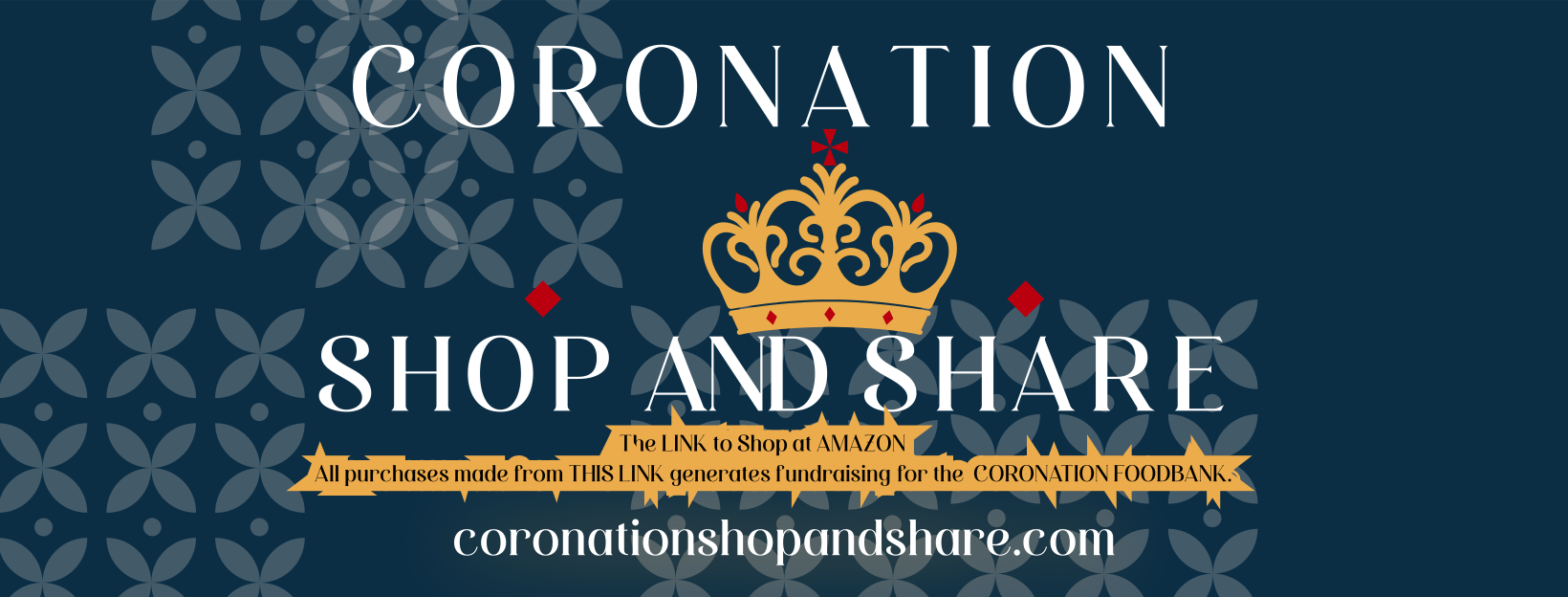
Testimonials from donors: Why they give
Key Takeaways
- Donor testimonials reveal the emotional and personal motivations behind giving.
- Sharing stories can foster deeper connections between donors and organizations.
- Understanding donor motivations can improve fundraising efforts and strategy.
Fundraising can be a challenging task, but understanding the motivations of your donors can significantly enhance your efforts. Donor testimonials provide powerful insights into why individuals choose to give back, often revealing personal stories that resonate at a deeper level. In this article, we’ll explore why collecting and sharing these testimonials is crucial for your fundraising campaigns.
Why donor testimonials matter
Testimonials from donors are much more than just praise for your fundraising efforts. They serve multiple vital roles:
- Builds trust: When prospective donors see testimonials from others, they are more likely to trust your organization and its mission.
- Encourages engagement: Personal stories can motivate others to get involved or donate.
- Increases transparency: Sharing genuine experiences fosters a sense of transparency and authenticity in your fundraising activities.
Impact on fundraising
Understanding the motivations behind donor contributions can significantly influence your fundraising strategies. Here are some ways in which testimonials can impact fundraising:
| Impact Area | Description |
|---|---|
| Enhanced Communication | Testimonials help you communicate the value of your cause effectively. |
| Effective Campaign Strategies | Insights from donors may inform better-targeted fundraising campaigns. |
| Improved Donor Retention | Understanding why donors contribute can help maintain long-term relationships. |
What motivates donors to give?
Donor motivations can vary widely, but some common themes often emerge. Here are several reasons why donors choose to support causes:
- Personal connections: Many donors give to causes that have impacted their lives or the lives of their loved ones.
- Community impact: Seeing the positive effect of donations on the local community can be a powerful motivator.
- Desire to help others: Many people are motivated by the simple urge to make a difference in someone's life.
Collecting testimonials effectively
To reap the benefits of donor testimonials, you need to engage your donors in a way that encourages them to share their stories. Here are some tips for collecting effective testimonials:
Tips for collecting testimonials
- Contact donors personally with a heartfelt request.
- Provide a straightforward format or template to make sharing easy.
- Consider conducting interviews for more in-depth insights.
- Be mindful of privacy and ask for permission before publishing their stories.
Real-life examples of impact
Many organizations have successfully used donor testimonials to enhance their fundraising efforts. Here are some inspiring success stories from [fundraising success stories] that illustrate this concept:
- An organization that shared donor testimonials saw a 50% increase in donations during their next campaign.
- A local food bank used videos of donor testimonials to show the impact of each donation and engaged their community.
- Another group created a "Wall of Donors" on their website to highlight testimonials and celebrate their contributors.
The role of storytelling in fundraising
Storytelling is a universal way to connect with people. By weaving donor testimonials into your fundraising narrative, you can create an emotional connection that motivates others to contribute. Stories can turn abstract concepts into relatable experiences, enhancing the cause's appeal.
Conclusion
Collecting testimonials from your donors not only highlights their motivations but also strengthens your organization's relationship with your community. By openly sharing these stories, you can inspire others to give back and help make a lasting impact. Ultimately, understanding donor motivations and effectively communicating them through testimonials can lead to successful and sustained fundraising efforts.
Pros
- Improves donor trust and engagement.
- Enhances fundraising communication strategies.
- Provides insights for effective campaign planning.
Cons
- Collecting testimonials can be time-consuming.
- Some donors may be uncomfortable sharing their stories.
